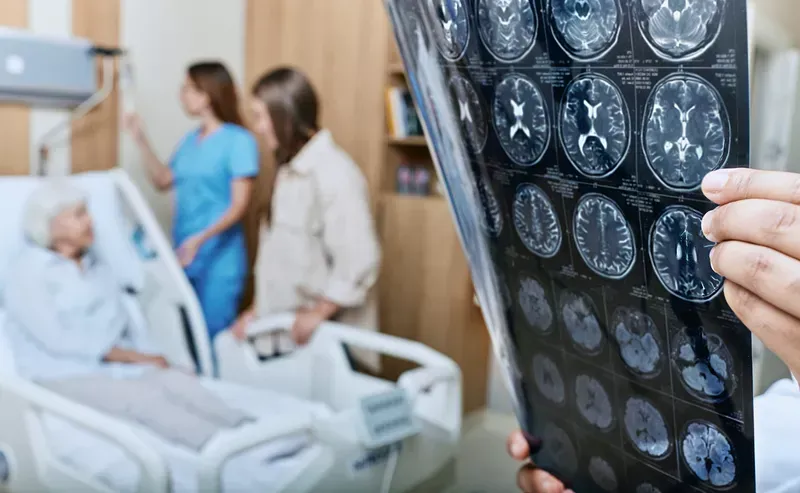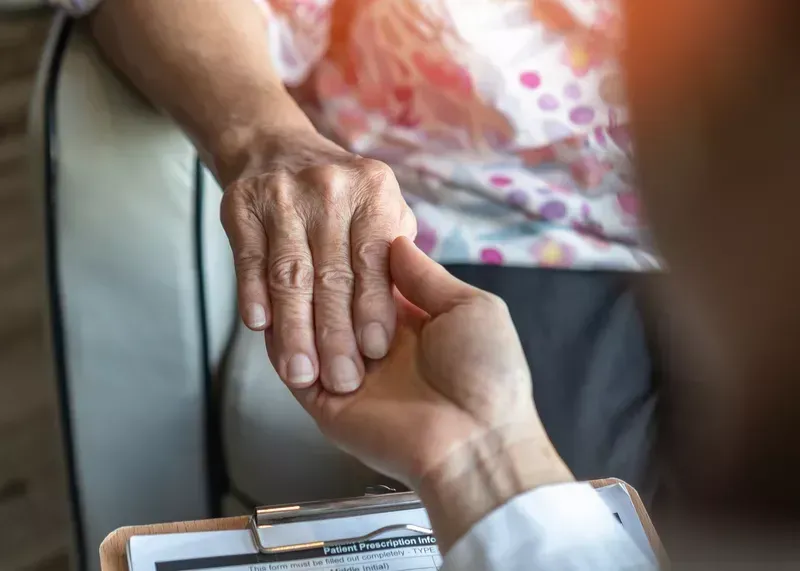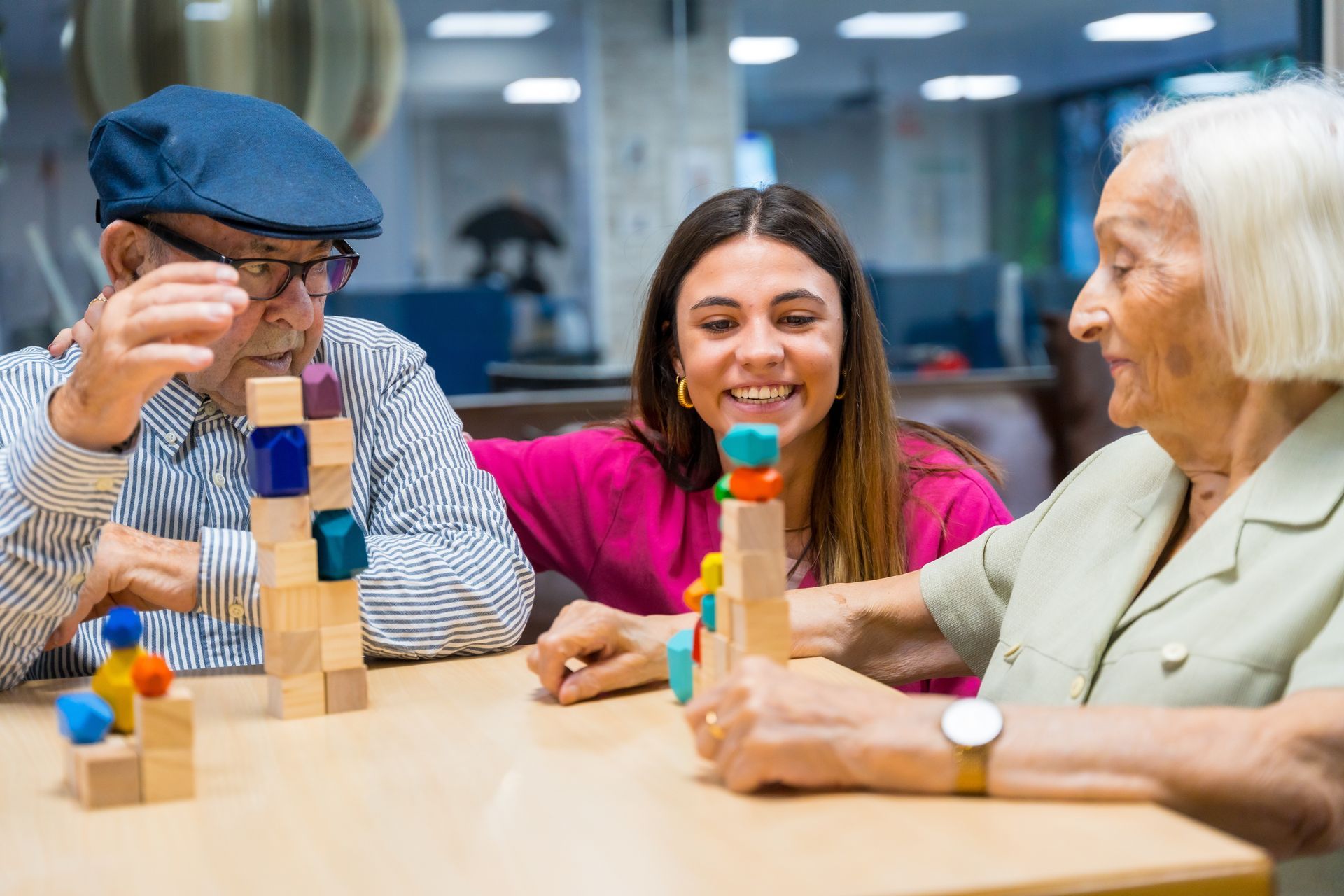BLOG
The Importance of Interdisciplinary Teams in Parkinson’s Rehabilitation
Parkinson's rehabilitation requires a multifaceted approach due to the complexity of the disease. Coordinated care through interdisciplinary teams significantly enhances patient outcomes by integrating diverse expertise and treatment strategies. This article explores how such teams improve the quality of life for Parkinson's patients, emphasizing the importance of a collaborative approach in managing this challenging condition.
Understanding Parkinson’s Disease: A Multi-Faceted Challenge
Parkinson’s disease presents a wide array of symptoms that vary significantly from patient to patient. These symptoms include motor issues such as tremors, rigidity, and bradykinesia, as well as non-motor symptoms like cognitive impairment, mood disorders, and sleep disturbances. The complexity of these symptoms necessitates a comprehensive treatment plan that addresses both physical and psychological aspects of the disease.

The progression of Parkinson’s disease further complicates treatment. As the disease advances, patients may experience increased difficulty with daily activities, requiring adaptive strategies and continuous adjustments to their care plans. This dynamic nature of Parkinson’s underscores the need for a diverse team of specialists who can provide tailored interventions at each stage of the disease.
Key Players in an Interdisciplinary Team
Neurologists play a central role in Parkinson’s care by diagnosing the disease, monitoring its progression, and prescribing medications to manage symptoms. Their expertise in the nervous system allows them to tailor treatment plans that address the unique neurological challenges each patient faces. Regular consultations with neurologists ensure that the medical aspects of Parkinson’s are continuously evaluated and adjusted as needed.
Physical therapists focus on improving mobility, strength, and balance. They design exercise programs that help patients maintain physical function and reduce the risk of falls. Through targeted interventions, physical therapists enable patients to perform daily activities more effectively, enhancing their overall quality of life.
Occupational therapists assist patients in adapting to their changing abilities. They provide strategies and tools to help with everyday tasks such as dressing, eating, and bathing. By focusing on practical solutions, occupational therapists empower patients to maintain independence and improve their daily living skills.
Speech-language pathologists address communication and swallowing difficulties, which are common in Parkinson’s patients. They implement therapies to enhance speech clarity and manage dysphagia, ensuring that patients can communicate effectively and safely consume food and liquids. Their interventions are crucial for maintaining social interactions and nutritional health.
Other specialists, such as dietitians, social workers, and psychologists, also contribute to the interdisciplinary team. Dietitians offer nutritional guidance to support overall health, while social workers provide resources and support for both patients and caregivers. Psychologists address mental health concerns, offering counseling and coping strategies to manage the emotional impact of Parkinson’s. Each specialist brings a unique perspective, creating a comprehensive care plan that addresses all facets of the disease.
Benefits of Coordinated Care
Coordinated care through interdisciplinary teams has shown significant benefits for Parkinson’s patients. Studies indicate that patients receiving integrated care experience improved motor function, reduced symptom severity, and enhanced quality of life. For instance, a study published in the Journal of Parkinson’s Disease found that patients under interdisciplinary care had a 30% improvement in mobility and a 25% reduction in non-motor symptoms compared to those receiving standard care.
Furthermore, coordinated care reduces hospitalizations and emergency room visits. Research from the American Journal of Managed Care revealed that Parkinson’s patients managed by interdisciplinary teams had a 20% lower rate of hospital admissions. This reduction not only improves patient outcomes but also decreases healthcare costs, making it a sustainable model for long-term care.
Patient satisfaction also increases with coordinated care. Surveys conducted by the National Parkinson Foundation show that 85% of patients reported higher satisfaction levels when treated by interdisciplinary teams. They felt more supported and informed about their condition, leading to better adherence to treatment plans and overall well-being.
Future Directions in Parkinson’s Rehabilitation
Emerging trends in Parkinson’s rehabilitation are transforming the landscape of patient care. One significant development is the use of wearable technology to monitor symptoms and track progress. Devices such as smartwatches and motion sensors provide real-time data on a patient’s movements, enabling healthcare providers to make more informed decisions and tailor interventions more precisely.

Ongoing research is also exploring the potential of virtual reality (VR) in rehabilitation. VR-based therapies offer immersive environments where patients can practice motor skills and cognitive exercises in a controlled, engaging setting. Studies have shown that VR can improve balance, coordination, and even mood, making it a promising tool for comprehensive Parkinson’s care.
Telemedicine is another innovation gaining traction. It allows patients to receive expert consultations and therapy sessions from the comfort of their homes. This approach not only increases accessibility to specialized care but also ensures continuous support, especially for those living in remote areas. Telemedicine facilitates regular check-ins and adjustments to treatment plans, maintaining the continuity of care essential for managing Parkinson’s disease.
The Future of Parkinson’s Care and Rehabilitation
Interdisciplinary teams play a crucial role in enhancing outcomes for Parkinson’s patients by integrating diverse expertise and treatment strategies for rehabilitation. Understanding the multifaceted challenges of Parkinson’s disease underscores the necessity for a coordinated approach. To learn more about personalized care options, visit Assured Senior Living.
Learn more about what sets us apart. Contact us today, or download our free Family Decision Toolkit guide for more information.















